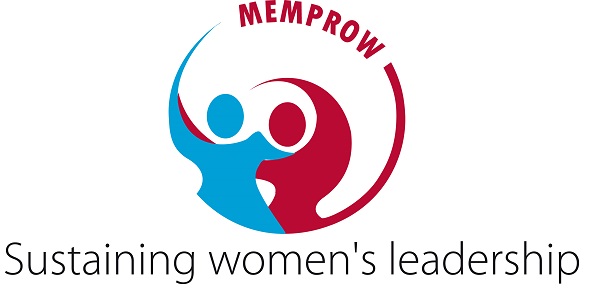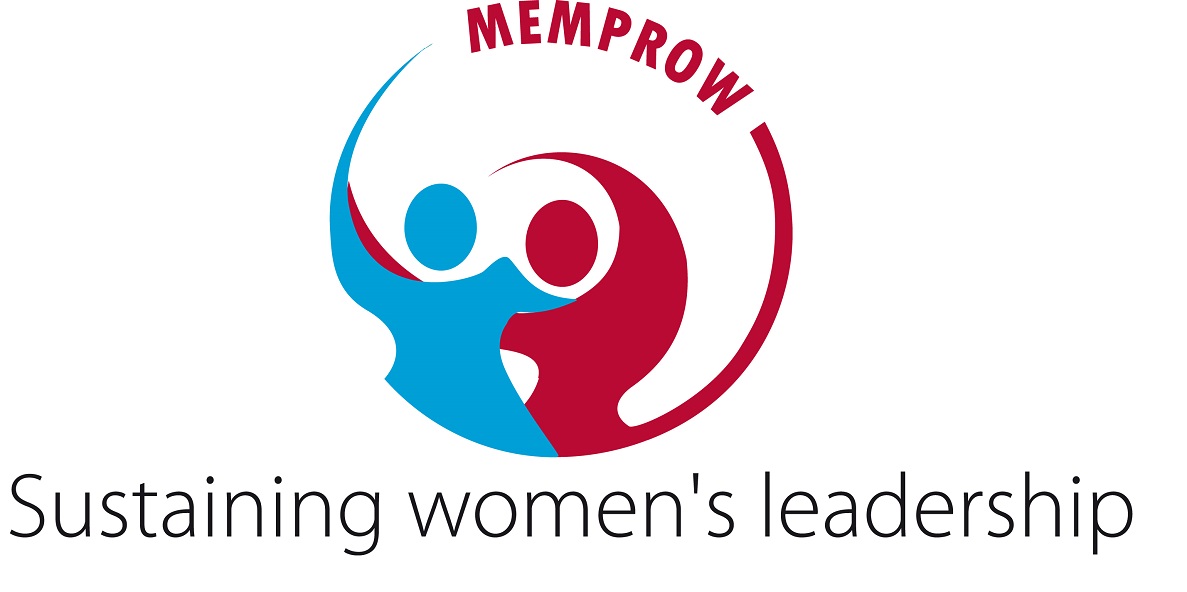The practice of child marriage in Uganda is deep-rooted in tradition and social norms, as well as factors including the status of women, poverty, and entrenched biases against girls’ education. UNICEF describes in the report “Ending Child Marriage and Teenage Pregnancy in Uganda” from 2015 that from some of the parents’ points of view, early marriage of the girlchild can be perceived as a means of safeguarding against premarital pregnancy and ensuring lifelong security for their daughters. By that means, early marriage can be a way to ensure the protection of the child. You may ask yourself; is that the best measurement?
When it comes to girls and women, the most dangerous place for them is not the public parking lot, it is the bedroom, the kitchen, and the living room, all within the comfort of their home. A rapport from the UN, by UNODC “United Nations Office on Drugs and Crime” in collaboration with UN Women, reports that Africa is the region with the highest level of violence perpetrated by intimate partners or family members relative to the size of its female population. This paradox is one of the living conditions that girls in marriages live under. When you can’t even find assurance and safety within your marriage, then who are you left to trust?
One could argue that many indicators suggest that the fear and societal stigma, associated with child marriage, weigh heavier than the well-being of the young girls who are married off. The precedence of men in Uganda may leave the girls and women in a neglected position, where their safety is not considered properly. October 10th, 2023, Daily Monitor reported, that the government proposed allowance for girls as young as 15 years to access contraceptive services, as an initiative to reduce early pregnancies. However, there are no laws determining this. This governmental proposal does in many ways reflect the government’s state of mind and approach towards ending child marriage. An approach that treats young girls as a homogeneous group, overlooking the nuances and distinctions among them. Child marriage is a structural issue that demands concerted attention and engagement.
There is no single solution that can effectively address the needs of each girl in Uganda, therefore it’s crucial for policymakers to recognize the individuality of these girls to tailor interventions catered to their specific situations. It’s time for real action to create lasting change that empowers young girls, preserves their rights, and secures their future. We call upon the leadership of Uganda to proactively take action to ensure the safety and dignity of girls in the country.
By Laura Leonora Henriksen, Social Worker, Intern at MEMPROW





